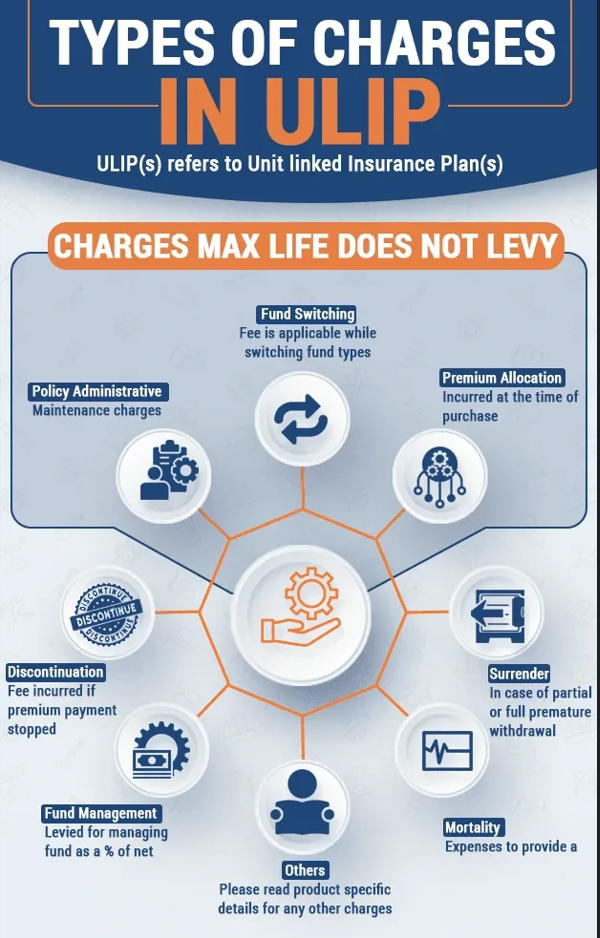Emerging Investment Hotspots..
by Mr. Ashutosh Limaye,
Head – Research & REIS,
Jones Lang LaSalle India
Mining
Opportunities From The Complex Real Estate Terrain of India
• Southern Suburbs –
Chennai
Executive
Summary..
Real estate is an asset class that
demands specialised skills and the complexity surrounding this sector increases
in the Indian context. Compared to the mature real estate markets in the
developed nations, buyers in India need a higher degree of diligence before
entering into property agreements.
Issues pertain to ownership rights of
the property, understanding the difference between usable area and saleable
area in absence of standardised definitions, completion of the project and
receipt of the completion certificate and so on.
Further, when evaluating multiple
investment opportunities, the absence of industry standards in developer
ratings, building structure comparison, price distinction across different
projects and other factors create difficulties in arriving at a direct
comparative approach.
In brief, information asymmetries and
laxity in disclosure norms need to be addressed for the sector to achieve
optimum potential in development and investments.
Amidst these complexities, real estate
sector in India has displayed volatility in the past decade. Prior to the
Global Financial Crisis (GFC) in 2008, the macroeconomic scenario was extremely
robust leading all indicators northwards; be it property prices or space
absorption. However, the period coinciding with the GFC and post-GFC absorption
levels and property prices showed a marked correction across all major real
estate markets in India.
 |
| Ashutosh Limaye, JLL India |
The recovery led by the residential
sector, was also startlingly quick, with property prices recovering lost ground.
However, the demand levels have shown
only a gradual recovery in the office sector. A combination of piling up unsold
residential inventory due to decline in absorption rate in post-GFC and rising
construction costs are causing difficulties for the developers. In such a
scenario, returns through capital appreciation aside, security of the invested
capital has become a big priority.
Therefore the investors, end users and
buyers face the pertinent question –
Where
to invest?
With this report, we seek to provide
the answer to the above question to a certain extent. In this report, we
highlight a few investment hotspots across India. At Jones Lang LaSalle, a
location/ submarket is categorised as a hotspot in a city when it is emerging
as a self-sustained ecosystem with development at all levels.
A location focused on residential
segment and low/no commercial and entertainment options is not likely to
sustain for a long time. Similarly, a commercial hub with low/no residential
development is likely to cause problems for the employees who may seek for
alternate residential districts in the vicinity, which can reduce the commuting
time to work and therefore is not sustainable.
In addition to the overall real estate
development, infrastructure also plays a pivotal role in developing a location.
Poor infrastructure or delayed infrastructural developments can eventually
reduce the investment potential of the location.
Though all-round development requires
considerable time, it lends maturity to the real estate market in the location
while ensuring that price growth is sustained over a longer time period. To put
the above in context of individual Indian cities and specific locations, Powai
in Mumbai, which has emerged as a well-developed suburb, has seen a steady increase
in prices across all asset classes.
As against this, there have been a few
locations where speculative activity resulted in increased price volatility
which was later marked down considerably when real activity on ground failed to
take off.
Kharghar, a suburban location near
Mumbai witnessed such a trend in a relatively short time span. With the intent
of developing it as a luxury residential hub, the local authorities announced
various projects including a golf course and a Millennium Business Park.
Infrastructure initiatives also
attracted investment by developers and investors in this location which
initially resulted in a sharp price uptick. Prices rose further when another
round of rise in prices occurred when the international airport was announced
near Ulwe, an area adjacent to Kharghar.
However, with physical activity at a
standstill and airport development slowing down, investor activity has seen a
decline which in turn has led to a price correction.
Considering all aspects, we have
identified eight submarkets as investment hotspots across the top seven cities
in India.
Notable absentees in our selection are
the prime business districts as they have achieved near saturation levels in
terms of development and hence are not expected to either support meaningful
price increments or they do not provide a large selection of investable assets.
We have intended to select
destinations which are classified as either emerging or growing submarkets and
are likely to be well-supported by excellent infrastructural development.
According to our assessment, these locations offer a large bouquet of
investable options in real estate with their relative lower price levels
providing the incentives for future capital appreciation and healthy returns.
The locations are:
• Noida & Greater Noida – National Capital Region (NCR)
• Thane – Mumbai Metropolitan Region ( MMR)
• Navi Mumbai – Mumbai Metropolitan Region ( MMR)
• Whitefield – Bangalore
• Southern Suburbs – Chennai
• Viman Nagar and Nagar Road – Pune
• Gachibowli – Hyderabad
• Rajarhat – Kolkata
While these submarkets offer good
investment opportunities, property price appreciation is likely to vary
depending upon endemic risks associated with the particular submarkets and
their precincts.
Further, within the submarkets,
discounts on property prices vary depending on developer profile, asset class
and current construction status of the project and we would advise buyers to
consider every option based on their risk appetite.
































